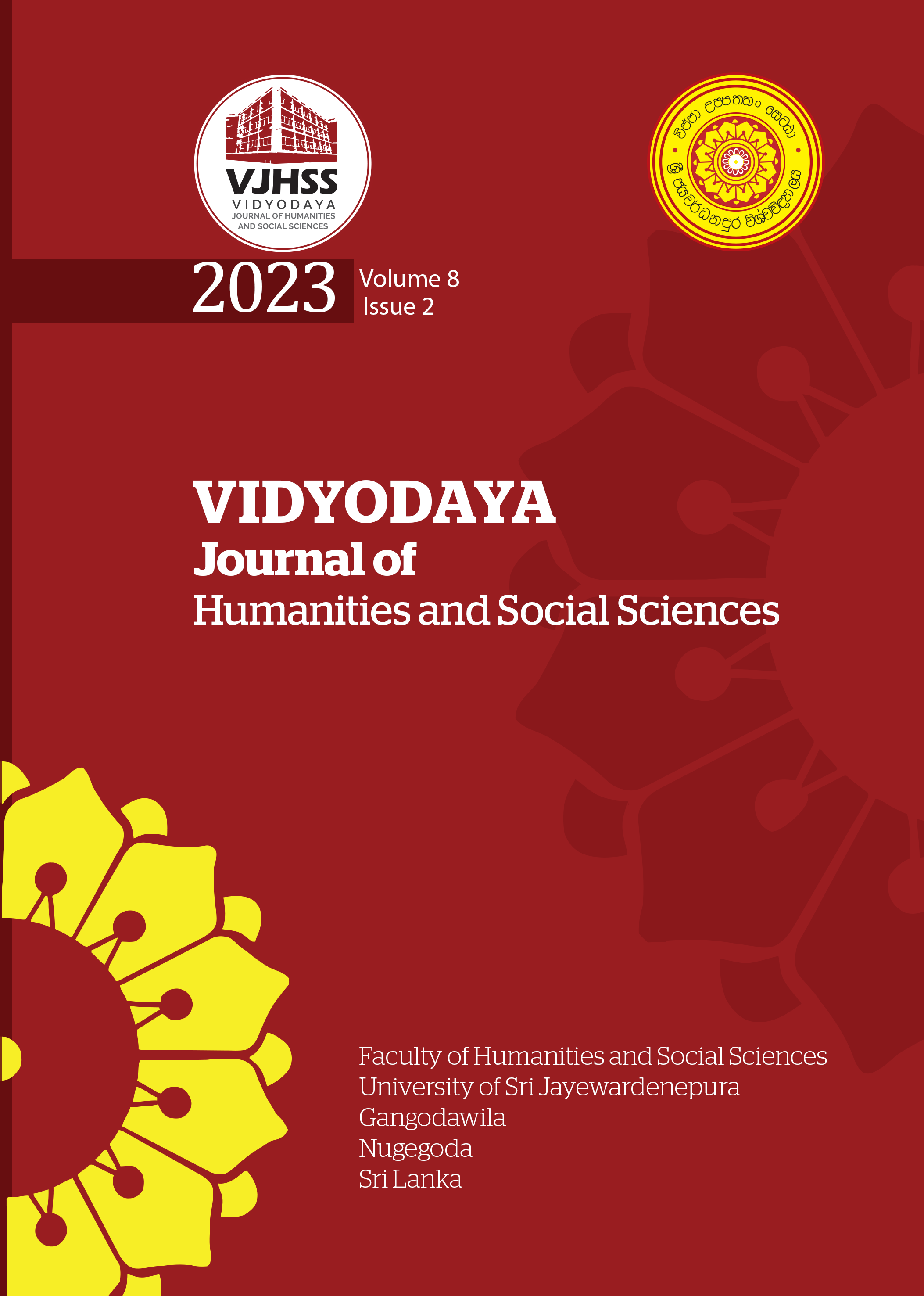An Empirical Study of Selected Challenges in Online Education; A Special Focus on G.C.E. (Advanced Level) Students in the Colombo District of Sri Lanka
Abstract
The 21st century can be known as an era in which the universe has become one village with the rapid advancement in internet-based information and communication technology. Consequently, online methods were used to develop education opportunities widely in the distance learning process. Though many researchers have paid attention to the challenges and opportunities of online education in schools and universities, researchers have paid less attention to online education in the Sri Lankan school system. However, Sri Lankan schools were trending towards online education due to the challenges of the Covid-19 pandemic in 2020. As a result, this study aims to identify the factors affecting online education usage and the challenges of online education by advanced-level students in the Colombo district. The advanced-level students in the Colombo district were the target population of this study. The sample was selected from Padukka, Hanwella, and Homagama Secretarial divisions under multistage cluster sampling, and the data was collected from 312 students using a questionnaire. Further, the independent sample t-test, Analysis of Variance and Structural Equation Model, was used to identify the self-determining factors. Consequently, social, communication, technical, demographic, and economic factors identified online education usage variables. Finally, this study suggested implementing Learning Management Systems and providing teachers and students with sufficient knowledge about online education. Overall, this study provided an opportunity to identify the challenges teachers and students face in online education and reduce time consumption and cost of the teaching and learning process.



